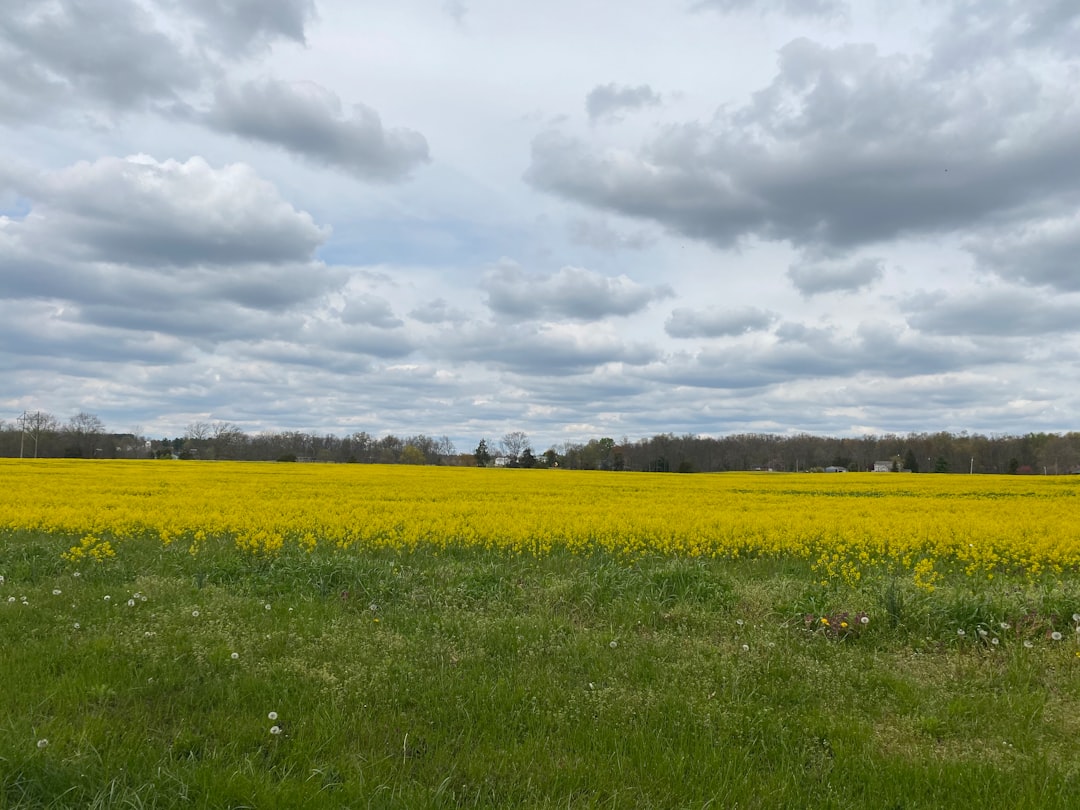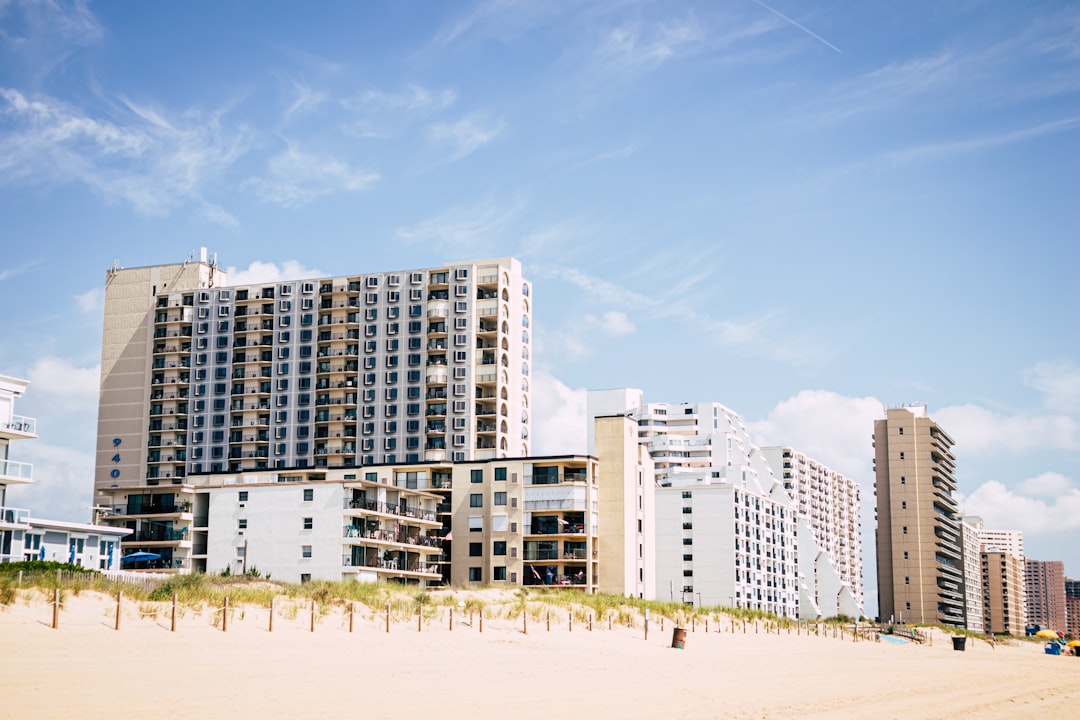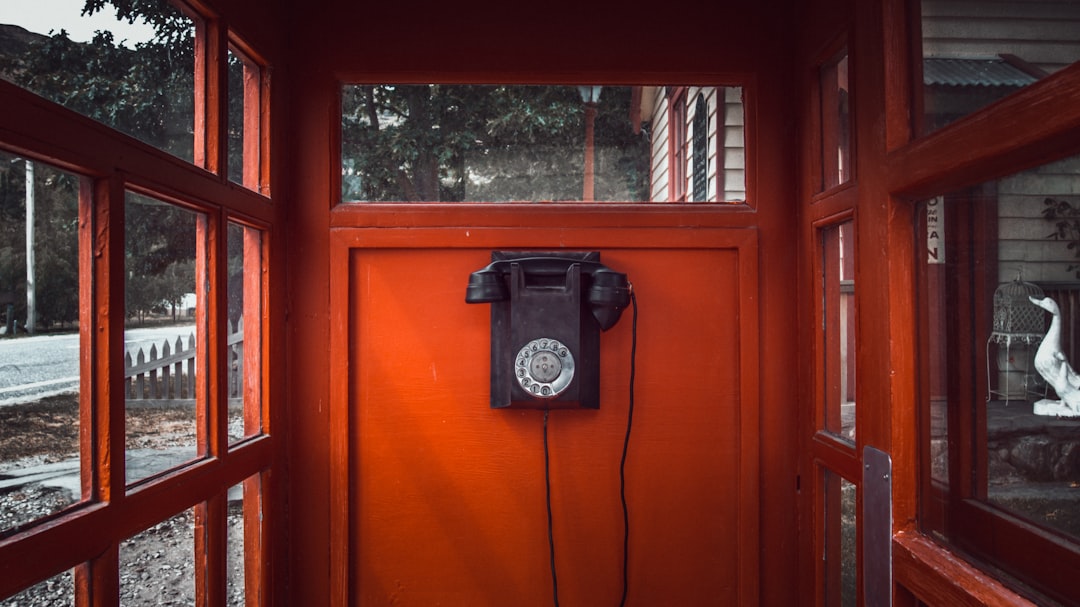The Leonardtown Historic District in St. Mary's County, Maryland, is adapting to new "Do Not Call" regulations by embracing innovative marketing strategies that respect customer privacy. Local businesses are transitioning to digital platforms, email newsletters, and community events to maintain personalized connections with clients without violating Maryland's strict Do Not Call laws. They're also utilizing advanced CRM and telemarketing solutions for caller tracking and consent management, collaborating with do not call lawyers in Maryland to ensure compliance while enhancing their online presence through SEO and social media engagement. This shift aims to revitalize the district, fostering economic growth and memorable customer experiences while adhering to legal constraints.
In the heart of Leonardtown, Maryland, a vibrant historic district pulsates with unique businesses. However, recent updates to state-mandated Do Not Call Lawyer regulations have disrupted this harmonious landscape. This article explores how local establishments are navigating these new legal boundaries and adapting their strategies. From understanding the impact on the diverse business community to assessing future prospects post-regulation changes, we delve into the resilience and innovation that define Leonardtown’s evolving commercial scene.
Understanding Leonardtown's Historic District and Its Businesses
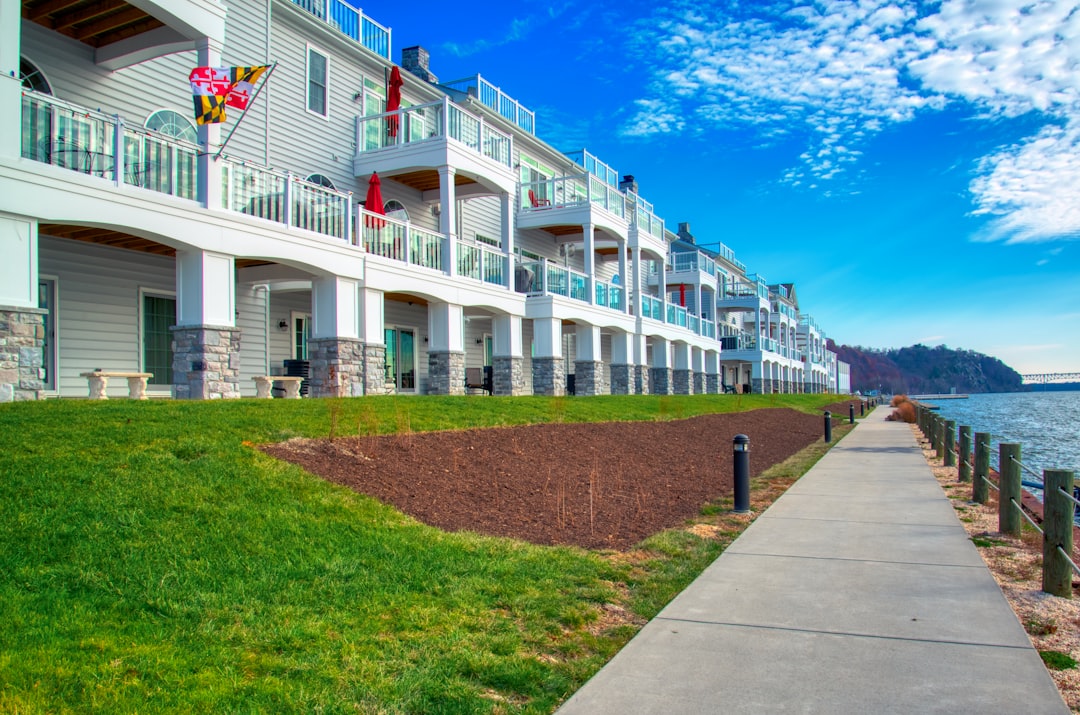
Leonardtown, nestled in St. Mary’s County, Maryland, boasts a vibrant historic district that showcases a rich tapestry of local businesses. This charming area, with its architectural marvels and historical significance, is home to a diverse range of enterprises, each contributing to the unique character of the community. From quaint cafes and artisanal shops to locally owned boutiques and restaurants, Leonardtown offers a delightful blend of retail and culinary experiences.
The district’s businesses have historically adapted to changing trends and regulations, ensuring their survival and prosperity. Recently, with new calling regulations in place, specifically those discouraging direct sales calls, many entrepreneurs have had to rethink their marketing strategies. Instead of traditional phone outreach, they’re exploring innovative ways to connect with customers, such as online platforms, email newsletters, and community events, thereby fostering a more personalized and sustainable relationship with their client base, while adhering to the new Do Not Call laws in Maryland.
The Impact of Do Not Call Lawyer Regulations in Maryland
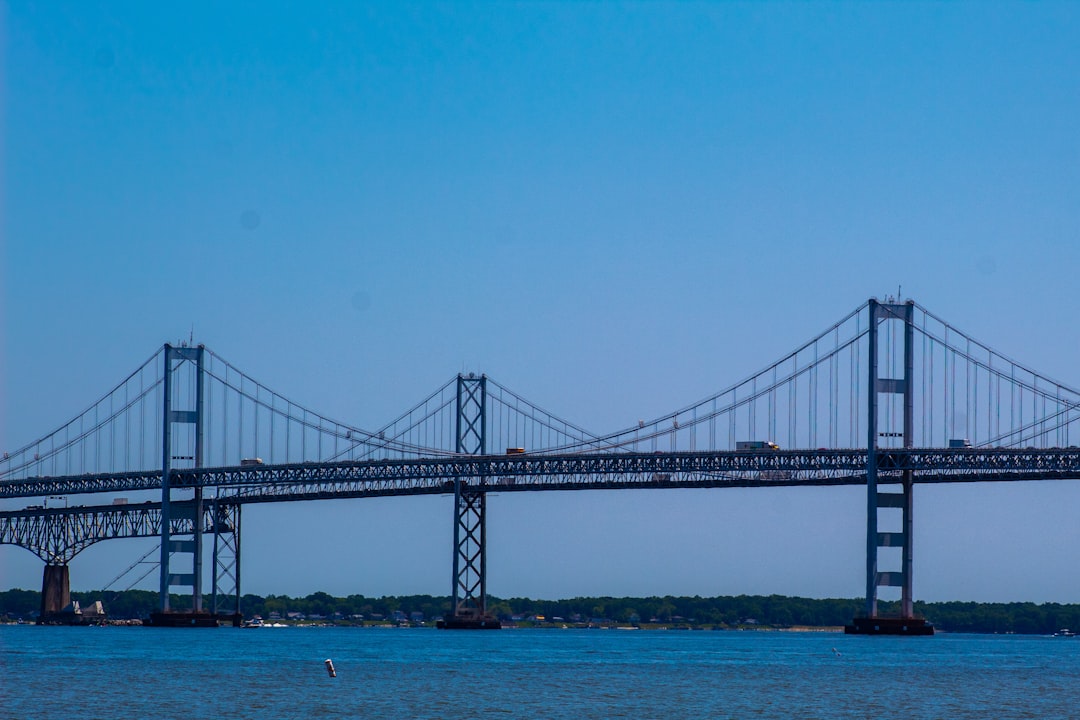
In Maryland, the implementation of strict Do Not Call lawyer regulations has significantly reshaped the way businesses, particularly those in the legal sector, operate. These laws are designed to protect residents from unwanted telemarketing calls and have led to a paradigm shift in client outreach strategies. As a result, law firms and legal service providers in Leonardtown Historic District and beyond are adopting innovative approaches to maintain compliance while still connecting with prospective clients.
The Do Not Call rules in Maryland require lawyers and legal organizations to secure explicit consent before making telephone solicitation calls. This has prompted a move towards more personalized and targeted marketing methods. Instead of cold-calling, businesses are investing time and resources into building robust online presence, refining search engine optimization (SEO), and utilizing social media platforms to reach their audience organically. By focusing on content creation and fostering relationships through digital channels, they ensure that their messaging resonates with the right people without violating any regulations.
Navigating New Legal Boundaries for Local Establishments
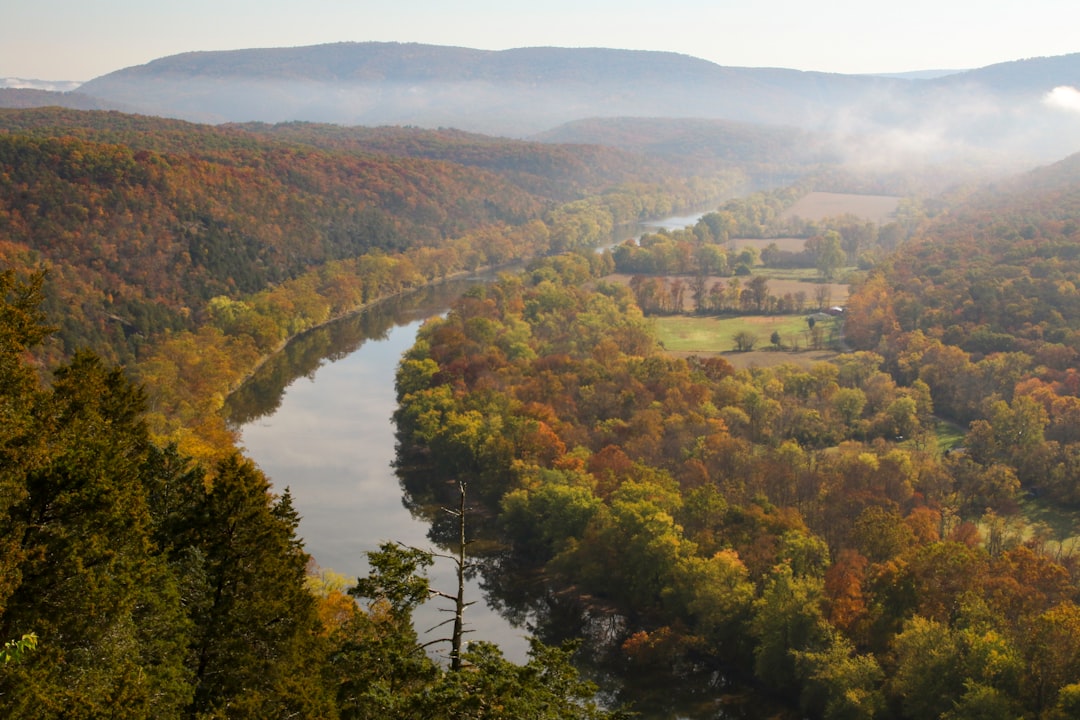
Navigating new legal boundaries is a challenge for many local establishments in Leonardtown Historic District, especially with the recent regulations regarding non-solicitation areas. These rules, aimed at protecting residents and maintaining peace, have forced businesses to adapt their strategies. Previously, companies could freely market their services, but now they must adhere to strict guidelines, particularly when it comes to “Do Not Call” lists in Maryland.
This shift demands a thoughtful approach from business owners. They are learning to respect private spaces and individual preferences while finding innovative ways to connect with customers. By understanding the legal boundaries, local enterprises can continue to thrive and serve their community effectively without infringing on personal privacy.
Strategies Businesses are Employing to Comply with Regulations
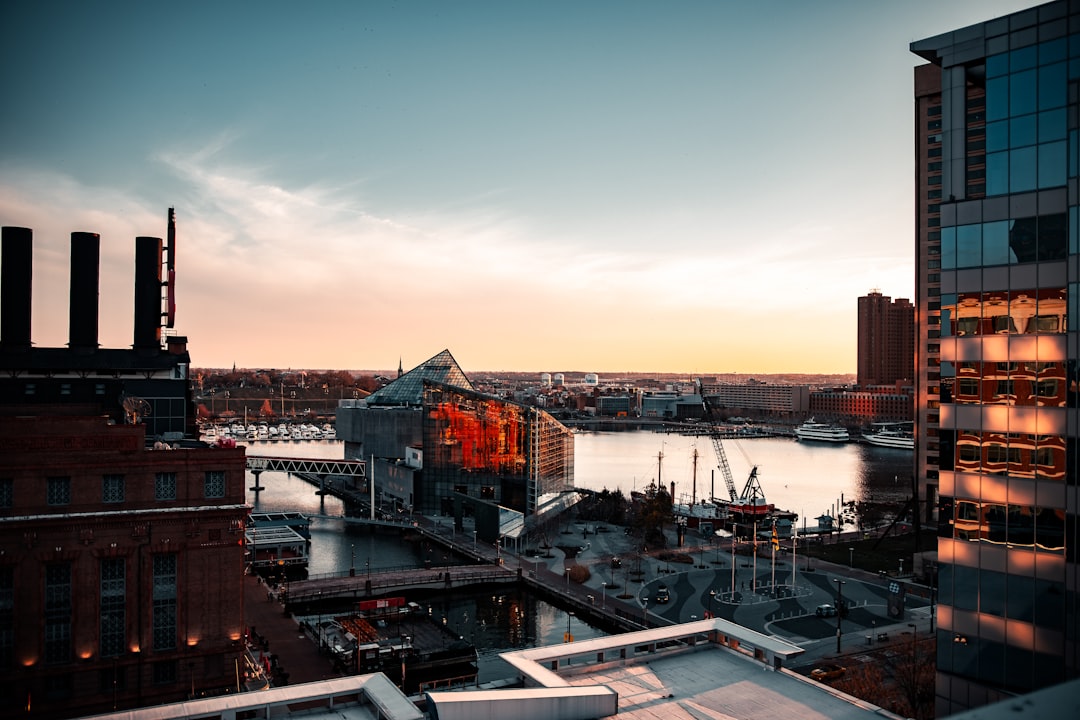
Many businesses within the Leonardtown Historic District are leveraging technology to comply with new “do not call” regulations in Maryland. They’re implementing robust customer relationship management (CRM) systems and telemarketing software that allows them to better track and manage caller interactions, ensuring they avoid unwanted contact with registered individuals.
Additionally, these businesses are training their staff on the intricacies of the new rules, emphasizing the importance of obtaining explicit consent before making any telephone calls. They’re also adopting more personalized marketing strategies, focusing on targeted direct mailers, email campaigns, and social media engagement to reach potential clients without triggering “do not call” restrictions.
The Future of Leonardtown's Business Community Post-Regulation Changes
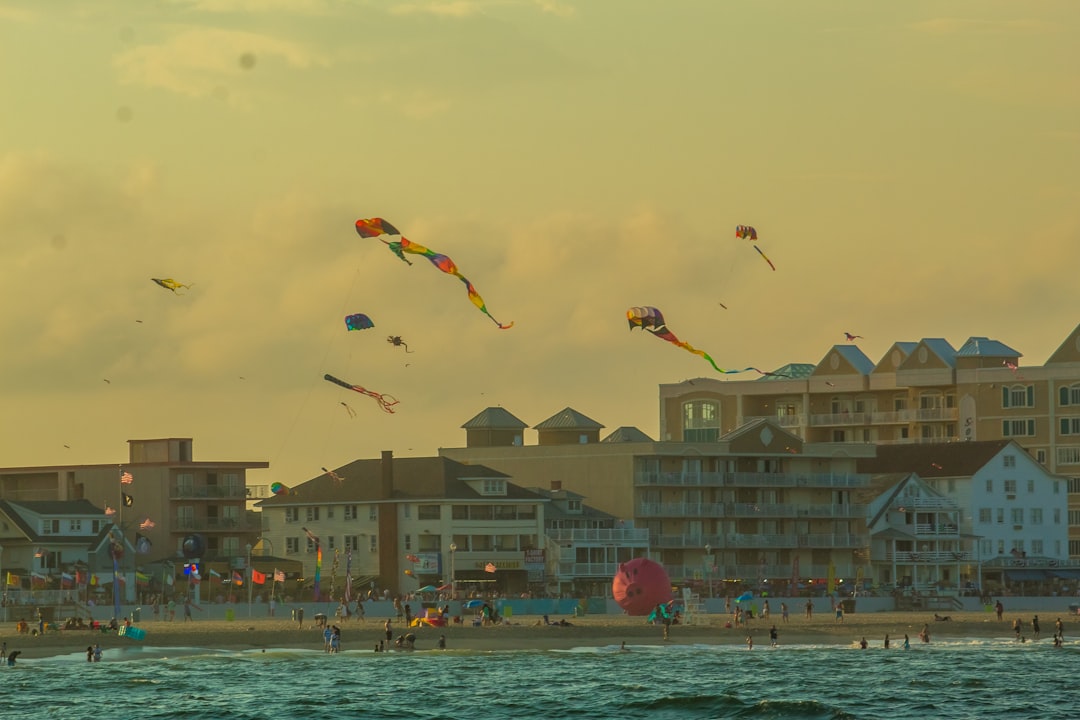
The recent regulation changes in Maryland, specifically targeting the “do not call” laws, signal a new era for Leonardtown’s historic business community. While these adjustments might seem like a challenge, local entrepreneurs are leveraging this opportunity to redefine their engagement strategies and foster stronger connections with customers. By embracing innovative marketing approaches and building on the unique charm of Leonardtown, businesses can attract both new and returning patrons.
The future looks bright for Leonardtown’s commercial district as it adapts to these shifts. With a focus on personalized experiences and community involvement, local establishments are poised to create a vibrant and thriving atmosphere. This evolution not only ensures the survival but also strengthens the economic backbone of the area, offering visitors a distinct and memorable experience that goes beyond traditional “do not call” practices.



